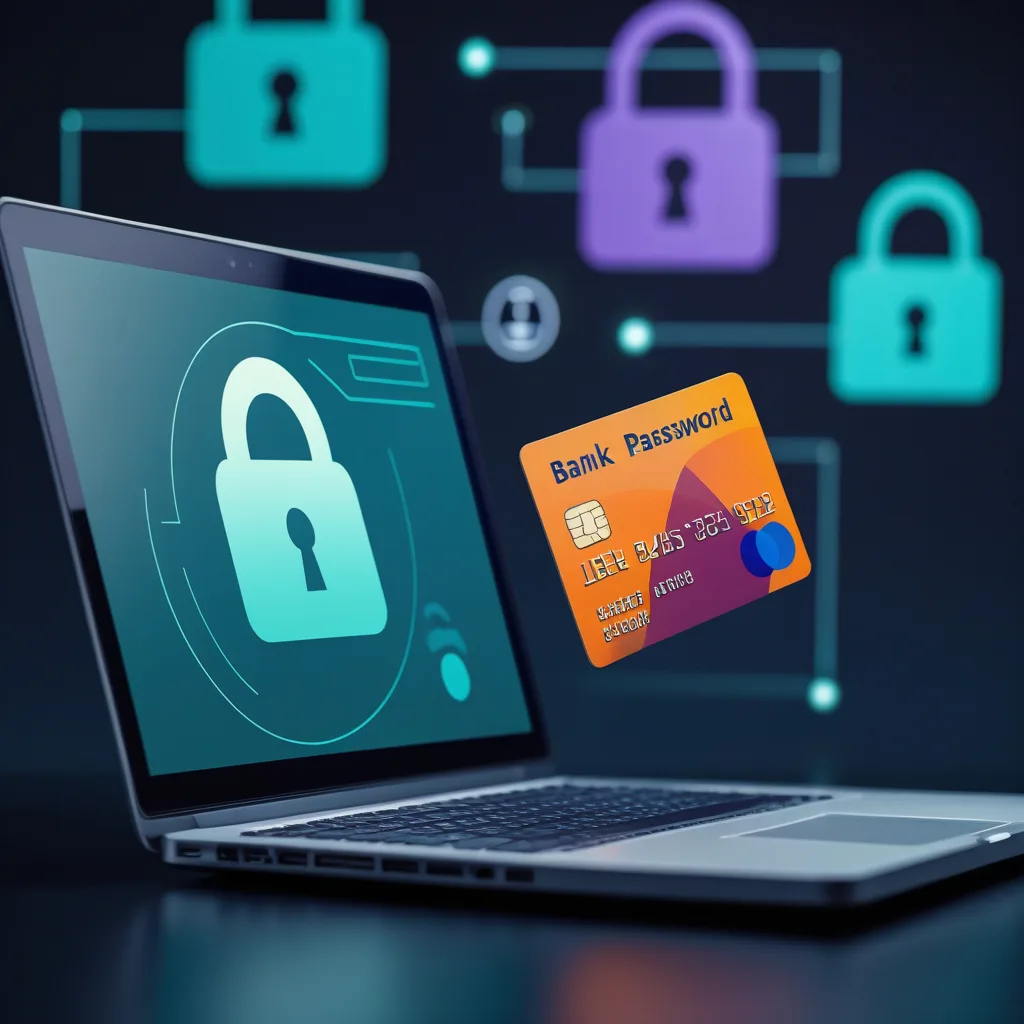Use these below general safety tips to increase your chances of being safe while online.
- Use Strong Passwords: Combine uppercase, lowercase, numbers, and special characters.
- Enable Two-Factor Authentication: Adds an extra layer of security.
- Keep Software Updated: Regular updates patch security vulnerabilities.
- Use Antivirus Software: Protects against malware and viruses.
- Avoid Clicking on Suspicious Links you may have received through messaging platforms or social media or as a pop up ad, which can lead to phishing sites.
- Be Cautious with Email Attachments: Verify the sender before opening.
- Use Secure Websites: Look for “https” in the URL. This ensures that your connection with that site is secure.
- Backup Data Regularly: Prevents data loss from malware or hardware failure.
- Use a Firewall: Adds an extra layer of protection.
- Limit Personal Information & Pictures Shared Online: Reduces risk of identity theft.
- Log Out of Accounts When Finished: Especially on public or shared computers.
- Use Privacy Settings on Social Media: Control who sees your information.
- Avoid Public Wi-Fi for Sensitive Transactions: Use a VPN if necessary.
- Monitor Financial Accounts Regularly: Detects unauthorized transactions.
- Be Sceptical of Unsolicited and/or Unexpected Emails, Messages & Connection Requests: Could be phishing attempts.
- Use Unique Passwords for Different Accounts: Limits damage if one account is compromised.
- Educate Yourself on Common Scams: Stay informed about phishing, smishing, and other scams.
- Review App Permissions: Ensure apps only have access to necessary data.
- Disable Unnecessary Services and Features: Reduces potential attack vectors.
- Use Encrypted Messaging Apps: Protects communication privacy.
- Be Wary of Free Offers, Downloads, Gifts, Lotteries: They may be malicious.
- Clear Browser History and Cookies Regularly: Reduces tracking.
- Use a Password Manager: Helps manage and generate strong passwords.
- Enable Account Activity Alerts: Notifies you of unusual login attempts.
- Stay Informed About Data Breaches: Change passwords if your data is compromised.
- Avoid Sharing Sensitive Information Over Email: Use more secure methods.
- Be Careful with Peer-to-Peer File Sharing: May expose your computer to malware.
- Use Incognito Mode for Private Browsing: Does not save browsing history in public computers.
- Regularly Review Your Digital Footprint: Check what information is publicly available. Google yourself.
- Be Cautious with Online Surveys and Quizzes: May collect personal data.
- Disable Autofill in Browsers: Prevents unauthorised access to saved information.
- Use a Virtual Private Network (VPN): Protects your online activity from prying eyes.
- Check Website Privacy Policies: Understand how your data will be used.
- Avoid Using Default Login Credentials: Change default usernames and passwords.
- Secure Your Home Wi-Fi Network: Use strong passwords and encryption.
- Don’t Overshare on Social Media: Be mindful of what you post, pictures & locations can be dangerous to share.
- Lock Devices When Not in Use: Prevents unauthorised access.
- Use Ad Blockers: Reduces the risk of encountering malicious ads.
- Enable Biometric Authentication: Adds a secure way to access devices.
- Don’t Trust Pop-Up Windows: They can be used for phishing attacks.
- Report Suspicious Activity: Notify authorities or service providers.
- Regularly Audit Your Social Media Friends and Contacts: Remove unknown or suspicious accounts.
- Understand Browser Security Warnings: Don’t ignore warnings about insecure sites.
- Be Mindful of What You Download: Only download from reputable sources.
- Use Anti-Phishing Tools: Helps identify and block phishing attempts.
- Limit the Use of Public Computers: Avoid accessing sensitive accounts on them.
- Regularly Update Security Questions: Use answers that are hard to guess.
- Disable Remote Access When Not Needed: Prevents unauthorized remote access.
- Educate Family Members About Internet Safety: Ensures everyone stays safe.
- Stay Informed About New Threats and Best Practices: Fraud attacks are constantly evolving.
Implementing these tips can greatly enhance your safety and security while navigating the internet.

